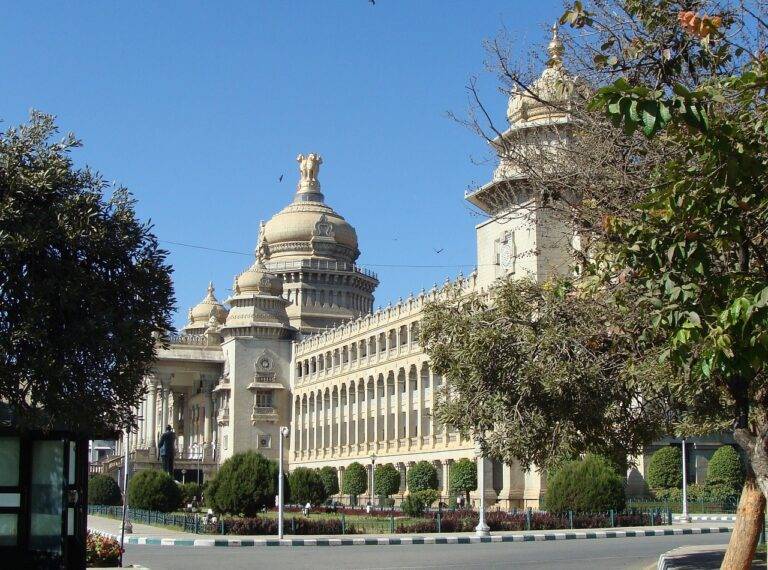The Role of Fact-Checking in Election Coverage
Accuracy in reporting is paramount in ensuring the credibility and trustworthiness of the information presented to the public. Journalists have a crucial role in upholding the standards of accuracy by meticulously fact-checking their sources before disseminating news to the masses. Any deviation from this practice can lead to misinformation spreading like wildfire and eroding the public’s confidence in the media.
In today’s digital age, where information can spread rapidly through various online platforms, the need for accurate reporting is more pressing than ever before. A single factual error can cascade into a series of misinformation, influencing public opinion and shaping societal perceptions. Therefore, journalists must prioritize accuracy above all else to uphold the integrity of their profession and ensure that the public receives the truth they deserve.
The Impact of Misinformation on Voter Perception
Misinformation has the power to sway voter perception in significant ways. When false or misleading information spreads unchecked, it can distort the views and opinions of voters, leading them to make decisions based on inaccuracies rather than facts. This can have far-reaching consequences on the electoral process, influencing voter turnout, candidate selection, and ultimately the outcome of elections.
In an age where information is readily accessible and easily disseminated through social media and online platforms, the spread of misinformation poses a real threat to the integrity of democratic processes. Voters rely on accurate and reliable information to make informed choices at the polls. When misinformation proliferates, it erodes trust in the electoral system and undermines the legitimacy of election results.
Why is accuracy in reporting important in elections?
Accuracy in reporting is crucial in elections because it helps voters make informed decisions based on facts rather than misinformation or false information.
How does misinformation affect voter perception?
Misinformation can distort voter perception by spreading false or misleading information that can influence voter opinions and decisions.
What are some common sources of misinformation in election reporting?
Common sources of misinformation in election reporting include fake news websites, social media platforms, biased news outlets, and misleading political advertisements.
How can voters protect themselves from misinformation?
Voters can protect themselves from misinformation by fact-checking information from multiple sources, being critical of content that seems suspicious, and seeking out reputable news sources.
What role do journalists play in combatting misinformation during elections?
Journalists play a crucial role in combatting misinformation during elections by fact-checking information, providing accurate reporting, and holding political figures accountable for spreading false information.





